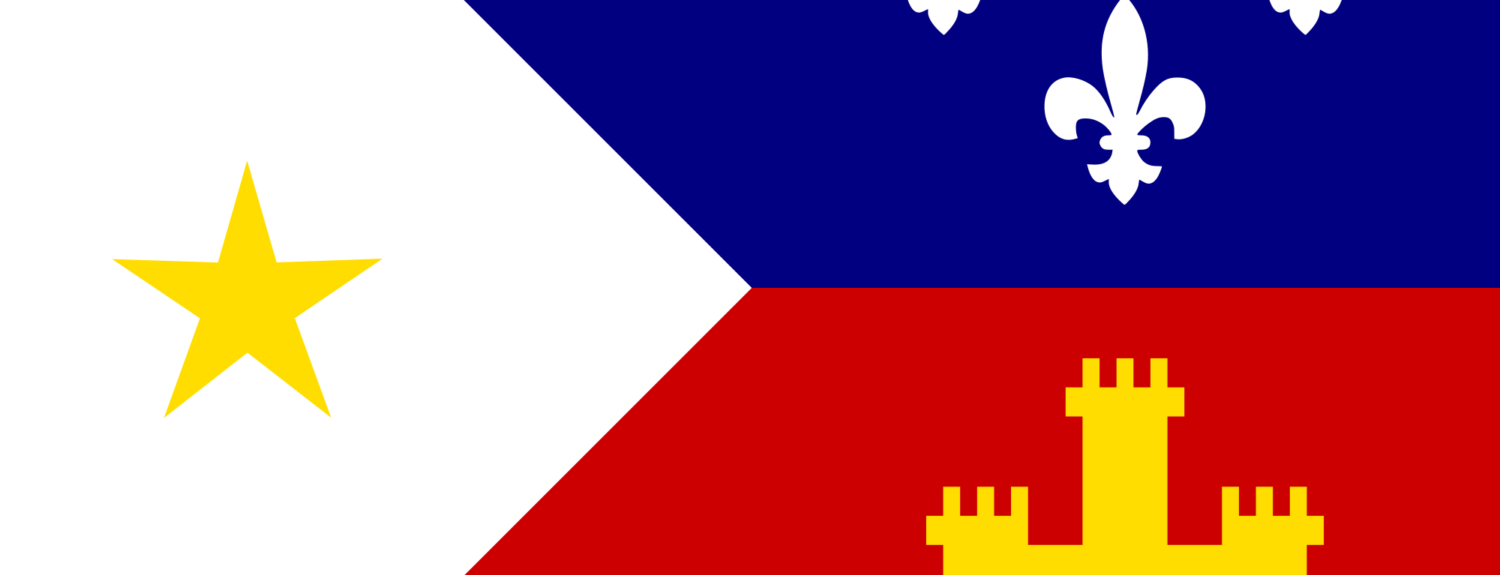If you’ve been keeping up on the news lately, you’re likely aware of the massive flood that’s terrorizing and destroying southern Louisiana. And just like the storyline in the horrific disaster that was Hurricane Katrina more than a decade ago, FEMA is front-and-center, and — unfortunately — not all in the state are happier now with the authority as they were back then.
Enter the “Cajun Navy.”
Contrary to its name, the band of volunteers have nothing to do with the United States military, let alone the U.S. Navy. They’re just a ragtag bunch of heroic Louisiana citizens who tried to beat FEMA to the punch in rescuing stranded people (and pets) in the region — and succeeded with overwhelming and courageous results.
Interestingly, social media played a major role.
This from the Huffington Post:
“People just came out in full force. And not just Cajuns: People from Mississippi, people from up north,” said Lafayette-area resident Shawn Boudreaux, who spent Thursday coordinating Cajun Navy volunteers outside a Cabela’s hunting, fishing and camping store in Gonzales, Louisiana, roughly halfway between Baton Rouge and New Orleans.
Boudreaux said that while some would argue a Cajun Navy existed in the wake of Hurricane Katrina, the local response to the “Great Flood of 2016” started with a few social media hashtags and a Facebook group. The group of volunteers that he was organizing on Thursday had responded to a callout on the social network for help with the rescue efforts.
“I came with a tiny boat that was way outclassed, and I realized I was better served coordinating and helping out locals,” Boudreaux said.
“People showed up with water, Gatorade, food trucks and a line of boat captains ready to go,” he added. “People even brought ethanol-free fuel to help the captains.”
More recently, the civic officials have stepped in to call into question the fact that the group isn’t regulated by any local, state or federal authority or governing body. One state senator, a Republican, has been vocal the past few days about having captains and boaters sign a waiver that would free them from liability. Also, it would prevent police barricades and other official barriers from blockading their transit in their selfless quest to rescue victims.




































